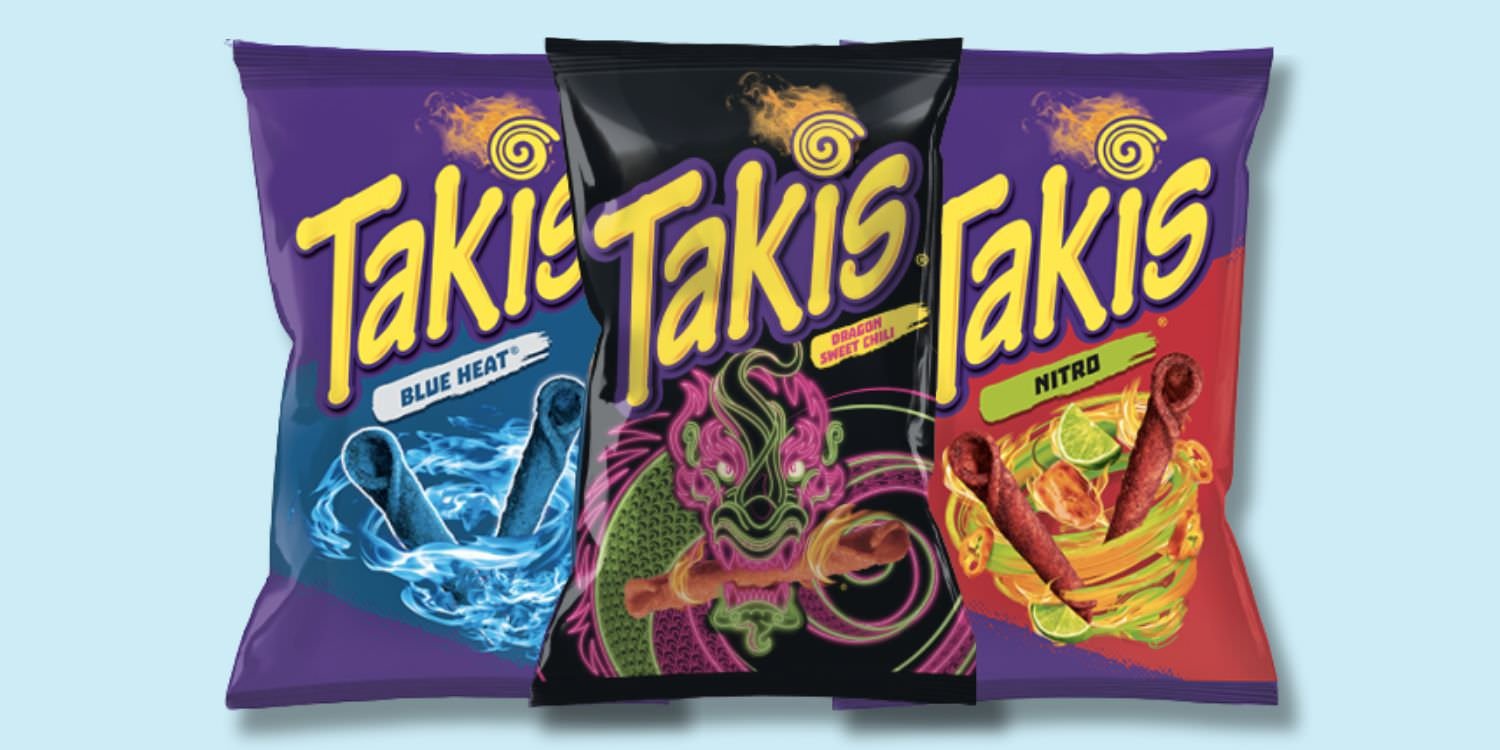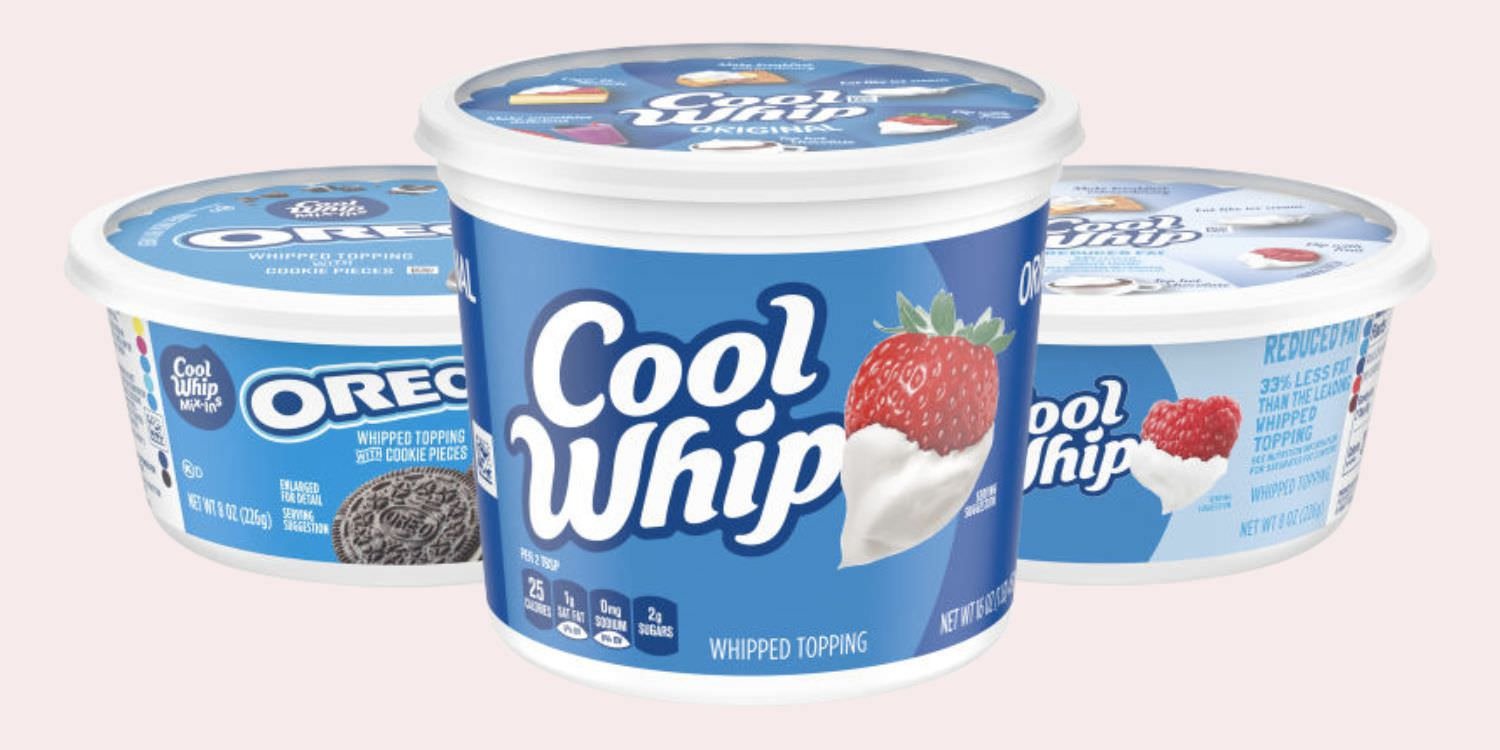Are Scallops Vegan?
While scallops are not generally accepted as a vegan-friendly food, we have always believed that knowledge is power! The more we learn about the animals we are trying to protect, the more we are able to educate and inspire others to do so, too. To be clear, scallops are in fact animals with nerves, nerve endings, and sensory organs. However, the argument is that they lack a brain or central nervous system, which supposedly makes them unable to experience pain.
What Do We Mean by “Vegan”?
Before we get into the biology of scallops, let’s quickly take a look at the official definition of veganism:
““Veganism is a philosophy and way of living which seeks to exclude—as far as is possible and practicable—all forms of exploitation of, and cruelty to, animals for food, clothing or any other purpose; and by extension, promotes the development and use of animal-free alternatives for the benefit of animals, humans and the environment. In dietary terms it denotes the practice of dispensing with all products derived wholly or partly from animals.””
Known Scallop Behavior and Sensations
Scallops are bivalve mollusks, similar to clams and oysters. This group of animals is often compared to plants, since some believe they have no central nervous system. The thing is, they do have ganglia (clusters of nerve cell bodies) and sensory organs. In fact, a few scientists affirm that scallops, unlike other bivalves, do have a complex central nervous system. So, does this mean they are aware of their surroundings and experience pain?
Here are the behaviors and sensations we know scallops experience throughout their lives:
Sight: Scallops can detect light and form images, as we do.
Movement: Unlike other bivalves, these marine creatures have the ability to use a simple form of jet propulsion to swim for short distances.
Fear: Scallops escape into the seabed when fleeing from predators, which indicates they have the desire to continue living. Therefore, we could infer that they view their lives as something worth protecting.
Analytical ability: These animals develop the ability to differentiate between predators and harmless creatures, then use this information to save energy by avoiding unnecessary evasive movements.
This information indicates that scallops value their life, are aware of their surroundings, and want to avoid any life-threatening situations. From a vegan standpoint, this alone could lead us to the conclusion that they deserve to continue living. However, if your focus as a vegan is solely on excluding animal pain and suffering, here’s what we know
Do Scallops Feel Pain?
The truth is, although we can confirm that scallops experience behaviors and sensations similar to ours, we don’t know enough about their life experience to conclude that they do not feel pain. What we do know is that they are capable of nociception, which means they detect and respond to threatening, noxious stimuli.
““[…] pain might incorrectly be denied in certain invertebrates simply because they are so different from us and because we cannot imagine pain experienced in anything other than the vertebrate or, specifically, human sense,”
Another factor to point out is that the concept of ‘suffering’ is very subjective. Although there is scientific evidence that indicates humans, for example, experience pain (withdrawal reflex, central nervous system), the same cannot be said about our suffering. We have to express our suffering verbally or through our gestures in order for others to know we are suffering. So, it could be considered unfair to assume that because invertebrates do not always have a central nervous system, they do not suffer.
Our Final Thoughts
Although we can’t reach a conclusion on whether scallops and other bivalves or invertebrates experience pain or suffering, we believe that all creatures who have the will to live, deserve to do so. We also believe that when there is not enough evidence to conclude that an animal does not suffer, it justifies not wanting to cause them any harm. We think a more ethical question than “Will this individual suffer if I kill them?” may be, “Does this individual want to continue living?”. You’ll likely find that when it comes to the animal kingdom, the answer will almost always be a resounding “yes”!
Lastly, humans normally have no biological need to consume any sort of animal-derived food, and tend to thrive on plant-based diets. By skipping the scallops, we not only exclude any possible animal suffering, but also avoid the consumption of cholesterol, nanoplastic particles, and heavy metals typically found in their flesh. If you miss the taste of scallops, there are tons of vegan solutions like oyster mushroom-based ‘scallop’ recipes, or these store-bought vegan scallops!
We hope we were able to provide you with enough information to help you decide whether or not to consume scallops on a vegan diet. Whatever choice you make, thanks for all you do for the animals, and the best of luck to you on your ethical vegan journey!










